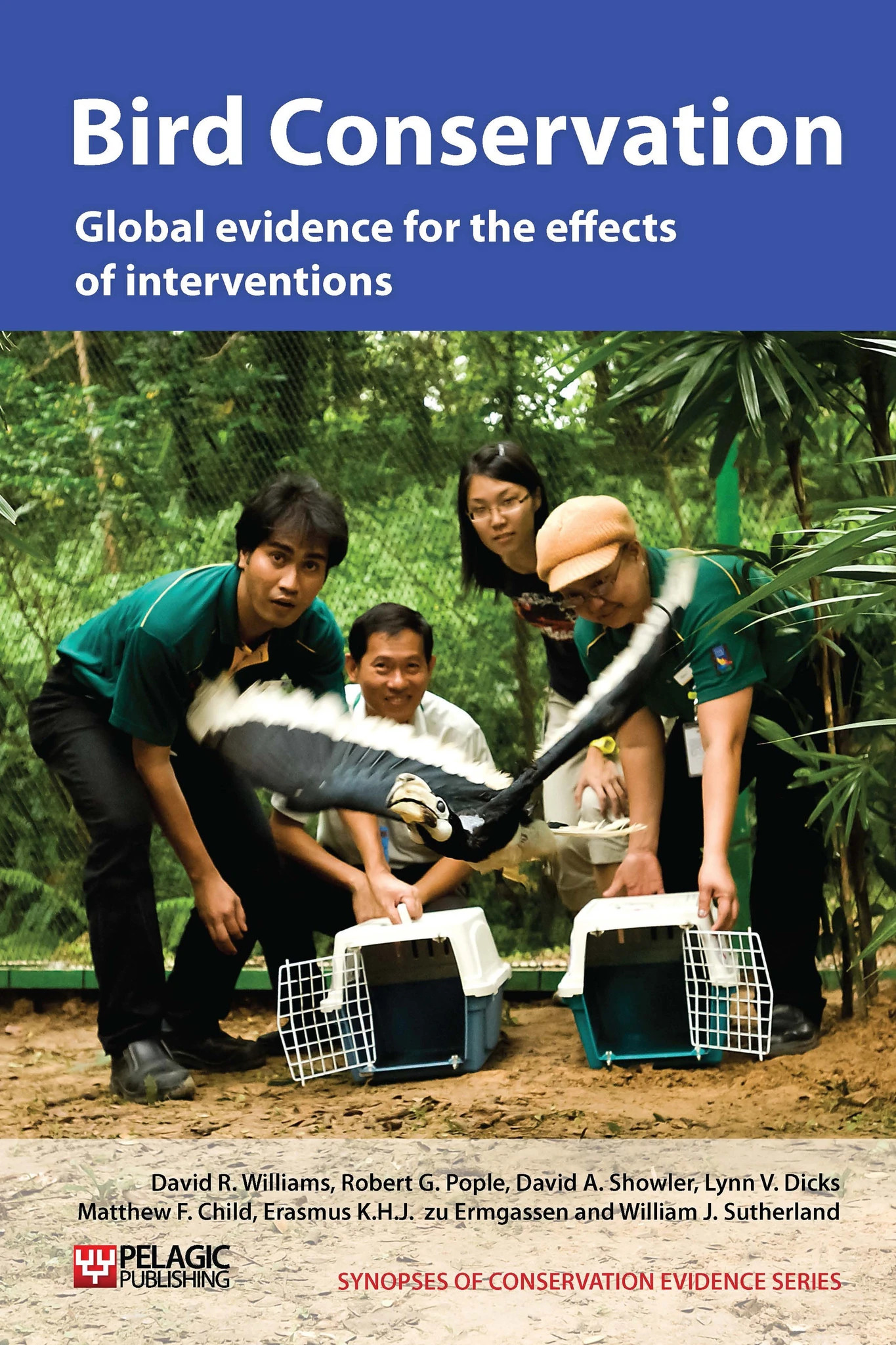Provide supplementary food for gulls, terns and skuas to increase adult survival
-
Overall effectiveness category Unknown effectiveness (limited evidence)
-
Number of studies: 1
View assessment score
Hide assessment score
How is the evidence assessed?
-
Effectiveness
0% -
Certainty
20% -
Harms
10%
Supporting evidence from individual studies
A randomised, replicated and controlled trial on King George Island, Antarctic Peninsula, in the boreal summer of 2000-1 (Ritz 2006) found that female south polar skuas Catharacta maccormicki (also Stercorarius maccormicki) that were fed when raising two chicks lost significantly more weight than control (unfed) females (average loss of 7.9% of body weight for fed pairs vs. 4.6% for controls). There was no such effect in male skuas (average loss of 2.1% of body weight for 27 fed males vs. 5.5% for 27 controls) or if females raising single chicks were included in results (loss of 6.9% of body weight for 27 fed pairs vs. 4.5% for 27 controls). Supplementary food consisted of 25-100 g of fish provided to adults every other day, corresponding to approximately 20% of a chick’s daily energy needs. This study also includes the impact of feeding on chick growth and survival, see ‘Provide supplementary food to increase reproductive success’.
Study and other actions tested
Where has this evidence come from?
List of journals searched by synopsis
All the journals searched for all synopses
This Action forms part of the Action Synopsis:
Bird Conservation
Bird Conservation - Published 2013
Bird Synopsis





)_2023.JPG)














